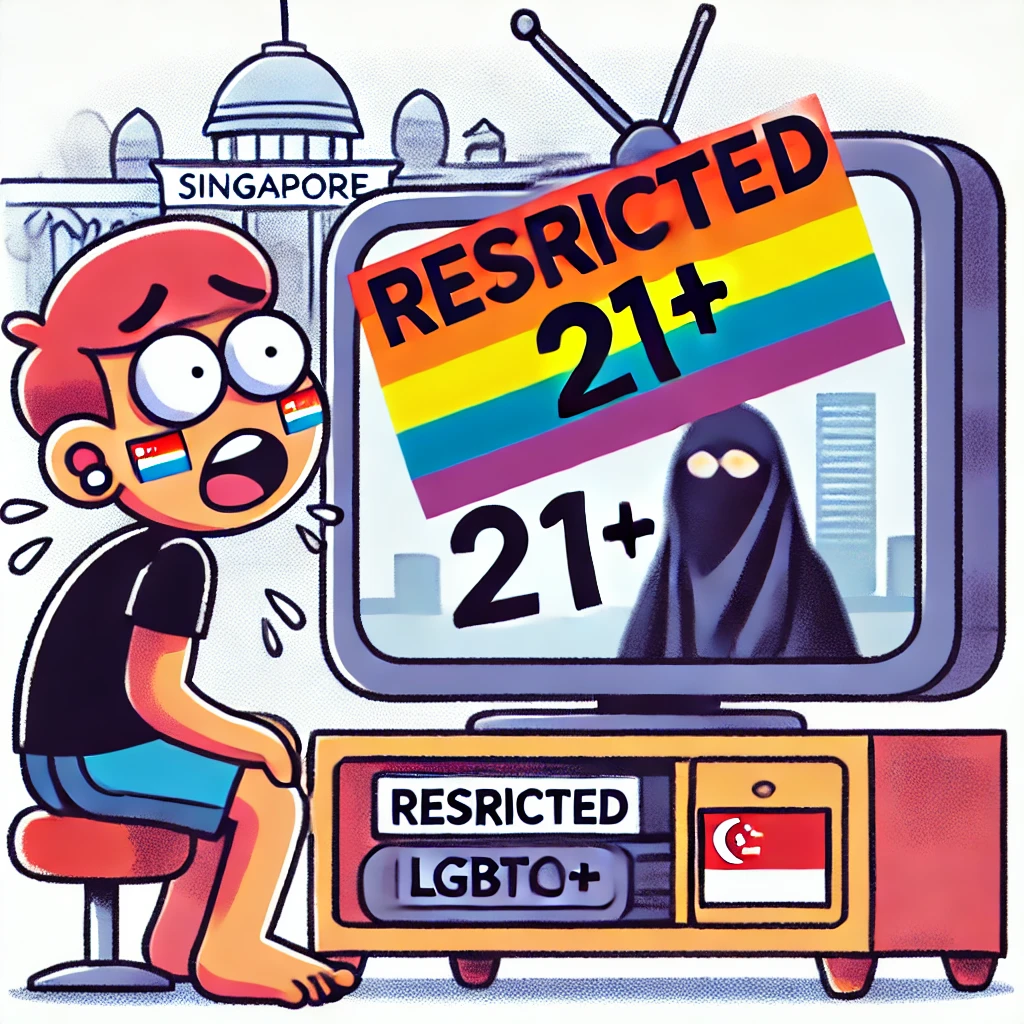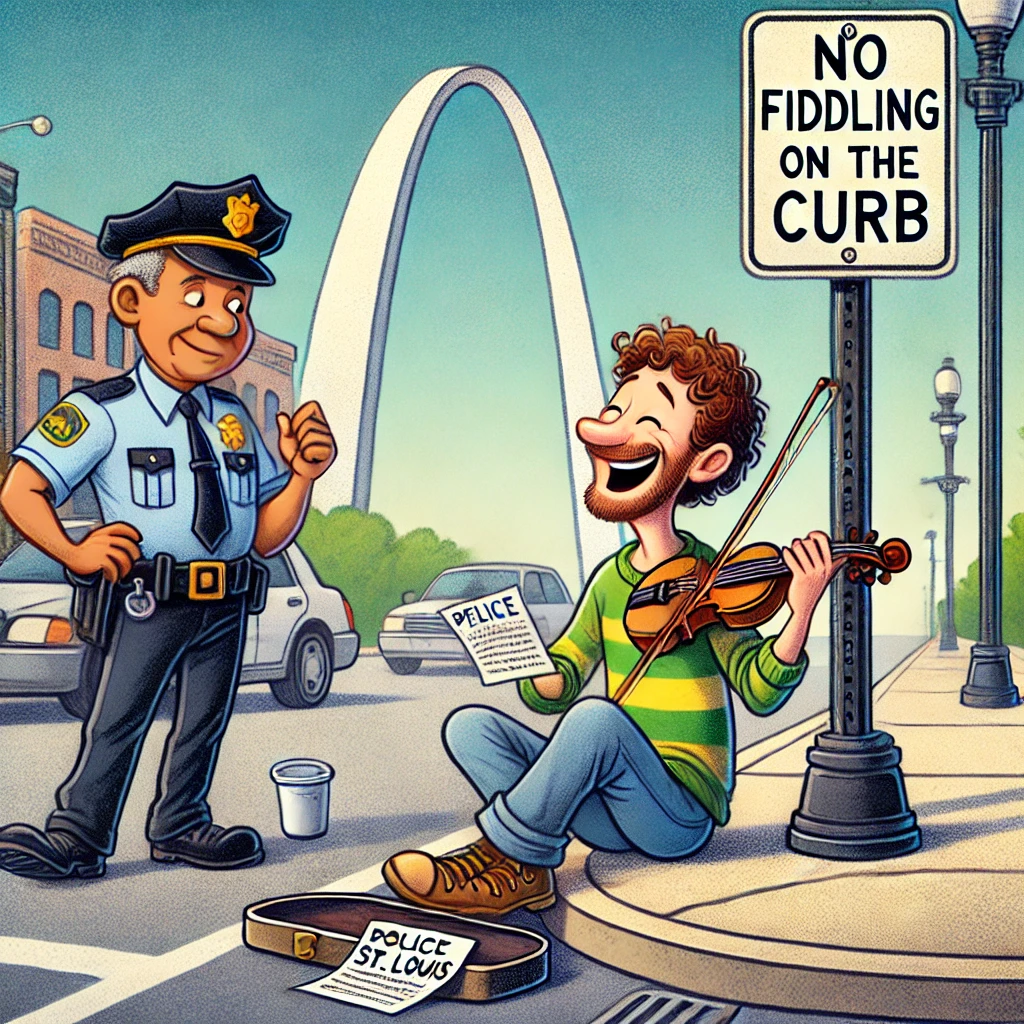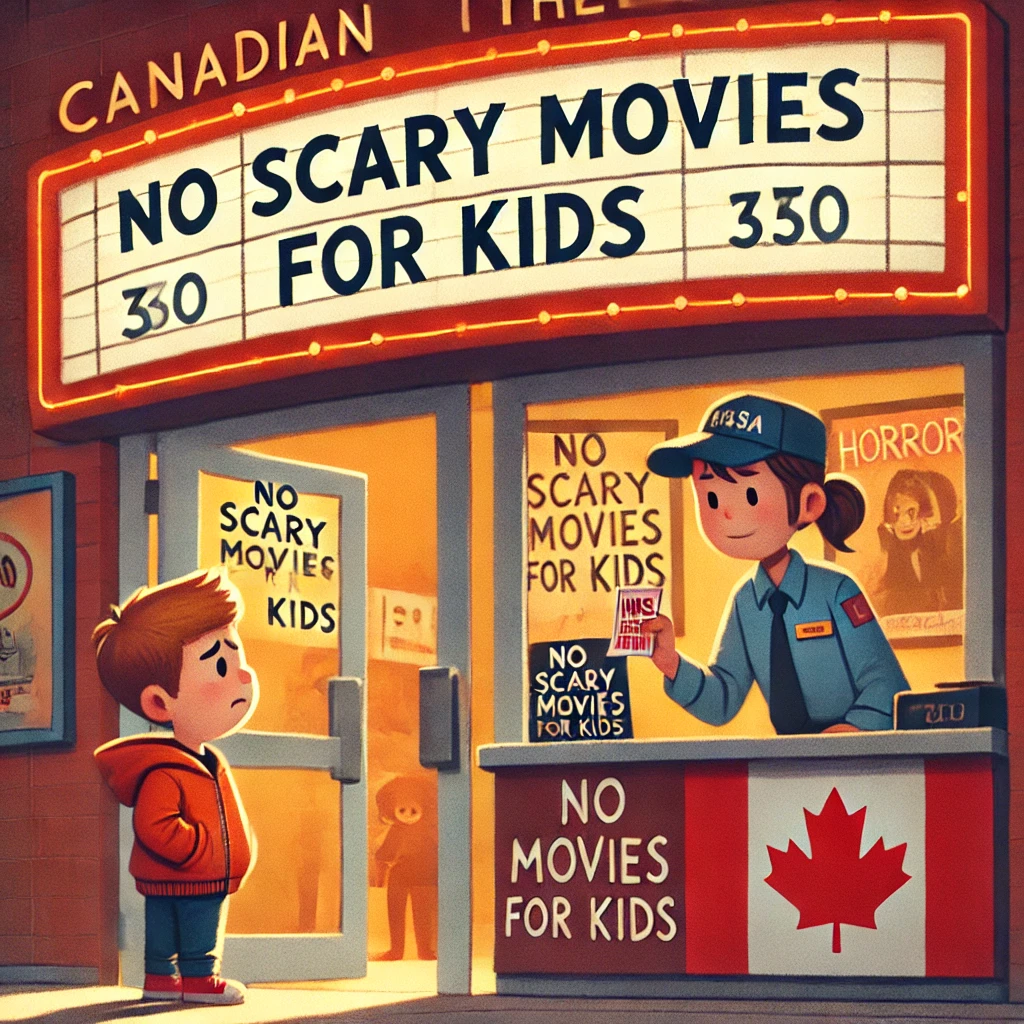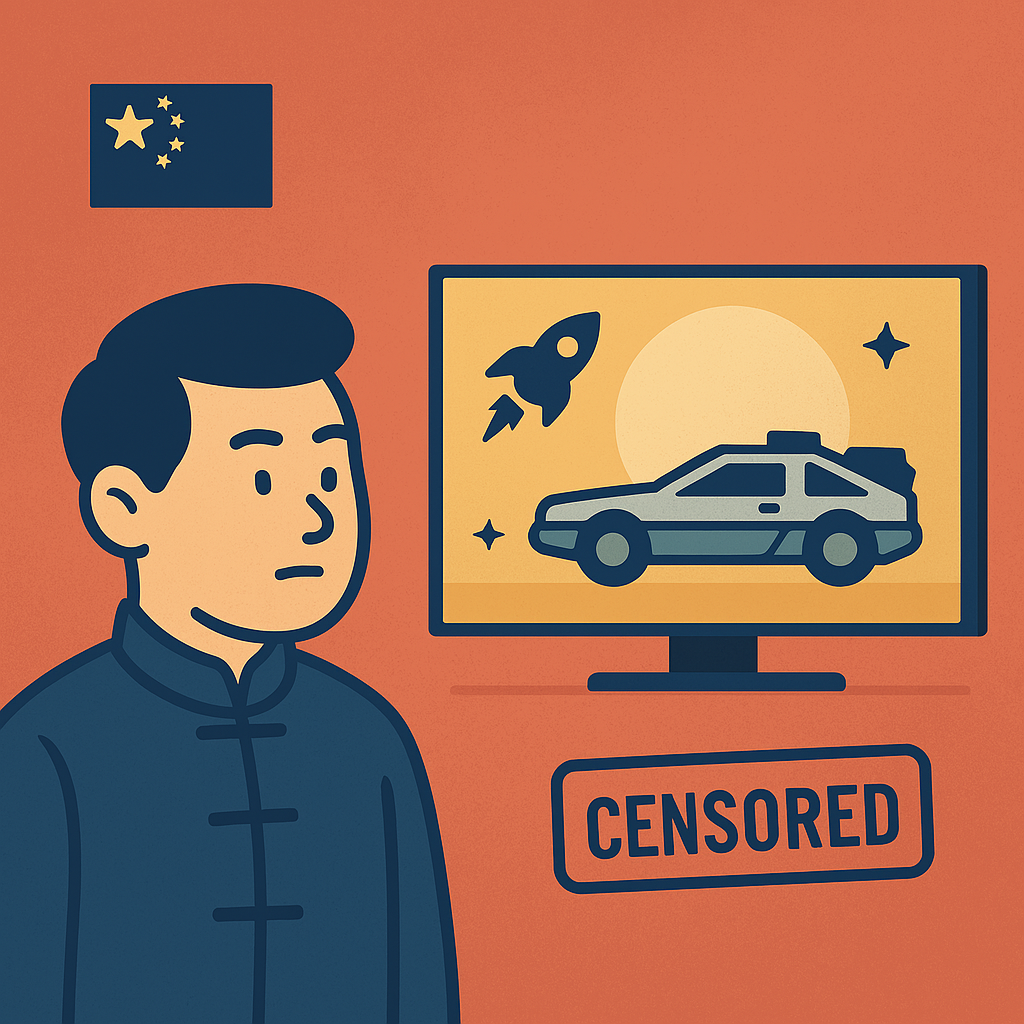
The Law:
In Egypt, films that prominently feature genies—yes, those magical beings living in lamps—can be banned from public screening. Why? Authorities believe such portrayals promote superstition and unscientific thinking. That means even your favorite blue genie cracking jokes in the desert might be considered a bit too mystical for the big screen. 🎥🪔❌
The Origins of the Law:
This restriction stems from Egypt’s longstanding concern with discouraging belief in supernatural entities, especially when it conflicts with religious or scientific education. Genies, or jinn, hold a complex place in Islamic culture—acknowledged in scripture, but often exaggerated in pop culture. Egyptian censors worry that fictional portrayals blur the line between tradition and fantasy, misleading audiences—especially children. 🧞♀️📚🚫
Is the Law Still in Effect Today?
Yes, the ban is still active in various forms. While some genie-themed films make it through with heavy edits, others never reach Egyptian cinemas at all. The policy tends to target movies that treat supernatural elements as real rather than metaphorical or purely comedic. So next time a magical lamp appears on screen, it may not be shining in Cairo. 🧽🎞️🛑
What This Really Means:
This is one of those laws where culture, religion, and censorship intersect. While the West might see genies as harmless fun, Egypt views them as part of a deeper, more serious conversation about belief and influence. For filmmakers hoping to release their work in Egypt—think twice before you rub that lamp.




